In her debut interview since taking over as Maharashtra Police’s first woman DGP, a hopeful Rashmi Shukla says effort is on putting women, marginalised, and justice first
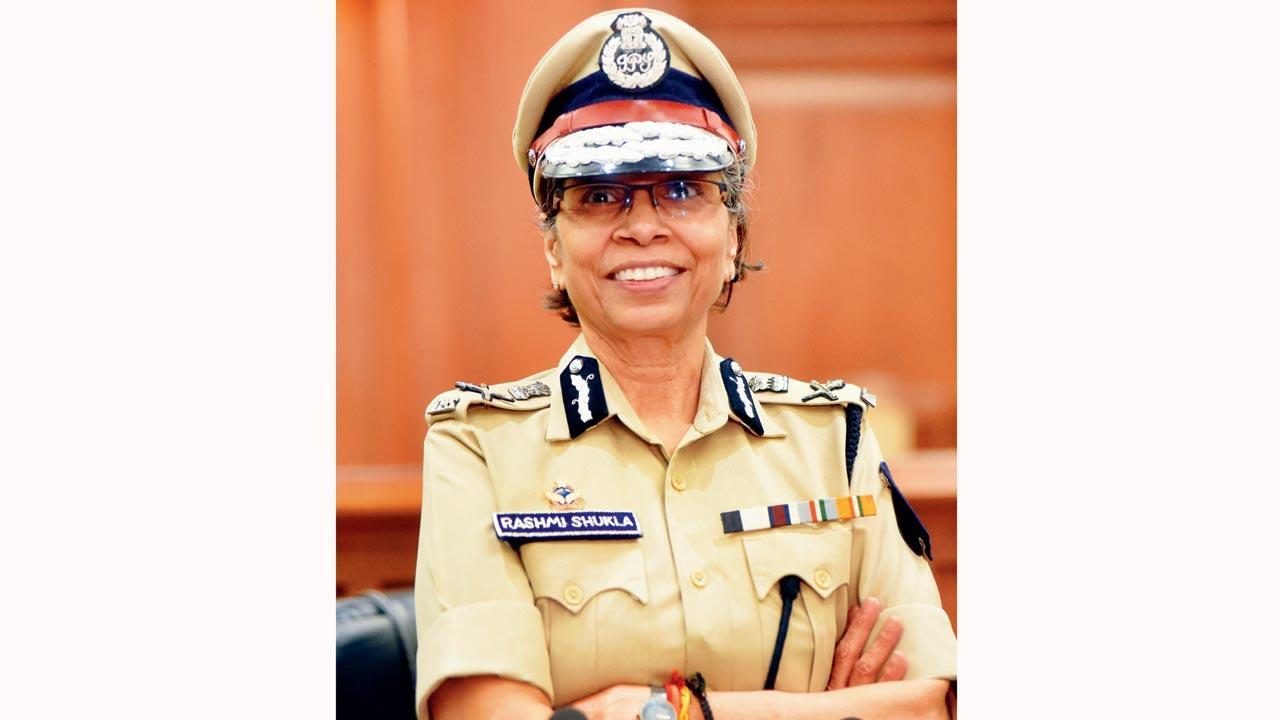
DGP Rashmi Shukla hopes the new criminal laws will shift the focus from punishment to justice, addressing crimes against women and children, cybercrime, terrorism, and anti-nationalism. File pic
Unlike the Indian Penal Code that was enforced by the British over 164 years ago with the intention of lathi-charging and punishing Indians, the new criminal laws—Bharatiya Nyaya Sanhita (BNS), Bharatiya Nagarik Suraksha Sanhita (BNSS), and Bharatiya Sakshya Adhiniyam (BSA)—are more people-oriented.” In her first interview to the press since taking charge as Maharashtra Police’s first woman DGP on January 9, Rashmi Shukla tells us that now the focus is on justice, not punishment.
ADVERTISEMENT
The 1988-batch IPS officer emphasises that these laws—implemented across the nation since July 1—address modern necessities and are expected to remain relevant for the next 50 years.
Edited excerpts from the interview
What changes do you think BNS, BNSS and BSA will bring?
I have grown up reading the IPC and CrPC, which were British-era laws enacted in 1860 and 1973, respectively. Now, having read the BNS, BNSS and BSA, I find them to be people-oriented and reflective of the human face of the law. The new laws signify a shift from punishment to justice, encompassing everything modern India needs. They address crimes against women and children, cybercrime, terrorism, and waging war against the state, covering every aspect of society necessary to deliver justice today. I believe these laws will meet modern requirements for at least the next 50 years. The kind of ease they are going to create for people will reflect in a few days, as [right now] a transition in implementation [of laws] is going on. I believe that, in particular, the thrust on scientific evidence, electronic evidence and [enabling] people to file a complaint from home is going to be a game changer.
Additionally, the inclusion of community service for petty crimes will play an important role in shaping society. It will help reduce overcrowding in prisons
and send a clear message that jail is the exception.
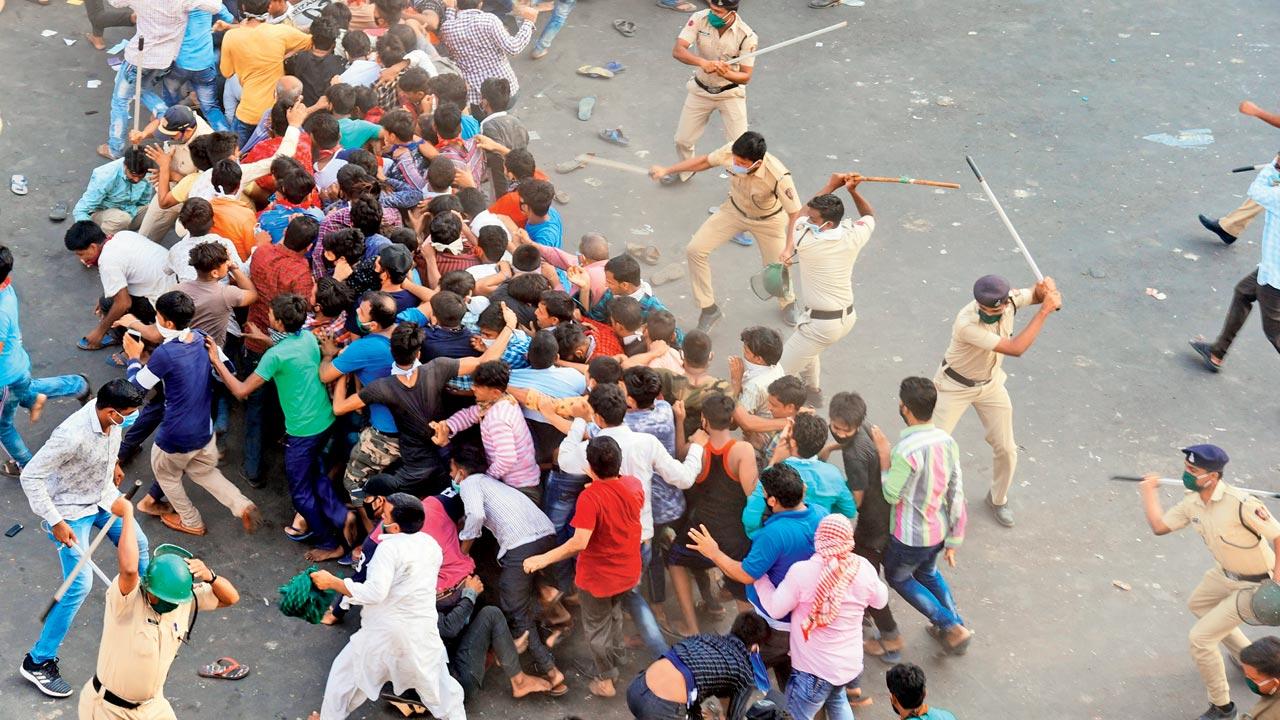 Police lathi-charge migrants gathered outside Bandra railway station, during the COVID-induced lockdown in 2020. Lathi charges will now be a thing of the past, with the retirement of the British-era IPC, says DGP Shukla. File pic/Rane Ashish
Police lathi-charge migrants gathered outside Bandra railway station, during the COVID-induced lockdown in 2020. Lathi charges will now be a thing of the past, with the retirement of the British-era IPC, says DGP Shukla. File pic/Rane Ashish
How has state police prepared to ensure a smooth transition to the new laws?
Frankly speaking, initially, we were worried and unsure how the transition would go, but now that concern has faded. Everything went smoothly, except for a few minor errors that were bound to happen. The state registered 265 FIRs within 24 hours of implementation, thanks to the marathon meetings and daily training sessions conducted at the levels of DGP, Commissionerate, Superintendent of Police, and police stations. Experts from the Centre, Maharashtra Police Academy—which translated the law to Marathi—lawyers and other specialists were involved to ensure everyone was fully trained about the new laws and their implementation. We also took CBI’s help and organised a one-day workshop before the implementation of the law in the state. Due to these efforts, 95 per cent of the police force in Maharashtra was fully trained.
The SOPs regarding arrests, summons, statements, digital evidence, and recording of digital evidence were thoroughly explained in every meeting. We had 258 master trainers and uploaded almost 74 videos regarding the laws. Each police station was provided with hard and soft copies of the law and study materials. Since February, hundreds of meetings have been conducted at the DGP level, which shows the extent of preparation at district and police station levels. The National Crime Records Bureau (NCRB) was also involved, and training was given to the Crime and Criminal Tracking Network & Systems (CCTNS) operators. Additionally, there is an internal NCRB helpline for police to use if they have any doubts while registering an FIR for further assistance.
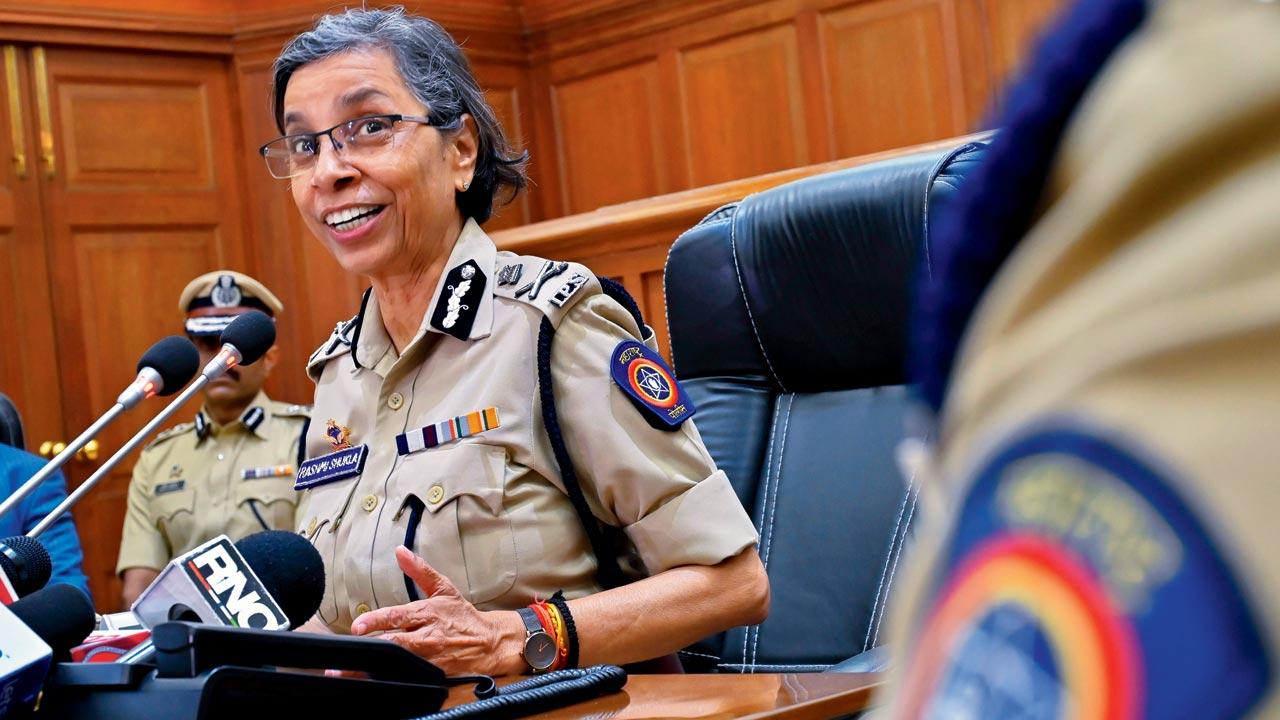 DGP Rashmi Shukla says the new laws are expected to remain relevant for the next 50 years. Pic/Getty Images
DGP Rashmi Shukla says the new laws are expected to remain relevant for the next 50 years. Pic/Getty Images
What are the potential challenges or disadvantages you foresee?
I don’t see any disadvantages, as the law covers every aspect and reflects the human face of justice. The IPC, which came into effect in the 1860s, was designed by the British to punish Indians, including measures such as lathi charge. The police are not here to beat people up but to help them achieve justice. In Britain, their laws had a more human-centric approach. While we may encounter some niggles during implementation, adjustments can be made as needed.
How do the new laws address and improve shortcomings in the criminal justice system?
For example, in cases of heinous crimes, the most crucial aspect is the collection of evidence to ensure justice for the victims. The new laws now include provisions that mandate forensic team vehicles to immediately visit the crime scene if punishment for the crime exceeds seven years. These teams will collect and digitally record evidence, which holds greater value under the new laws. We have been given five years to implement these provisions [for forensic evidence gathering], and have already started pilot projects in Navi Mumbai and Nagpur. Additionally, I have submitted a proposal to the Home Department to procure 295 forensic vehicles, which will soon become a reality. Every district will have such vehicles, playing a crucial role in building a case.
The law also introduces various reforms with clear timelines for investigation, filing of the chargesheet, framing of charges, issuing summons, and conducting house searches. It includes provisions for filing online FIRs, and we have already registered several cases under it. Complainants only need to visit the police station within three days to sign documents and confirm their identity. Additionally, the provision of Zero FIR is now a law, meaning police officers cannot refuse to register an FIR, regardless of jurisdiction.
Also, the law for the first time defines mob lynching [in Section 103(2) of BNS], which includes lynching on the grounds of race, caste, sex, language, or personal belief. The punishment is a minimum of seven years’ imprisonment to life imprisonment or death.
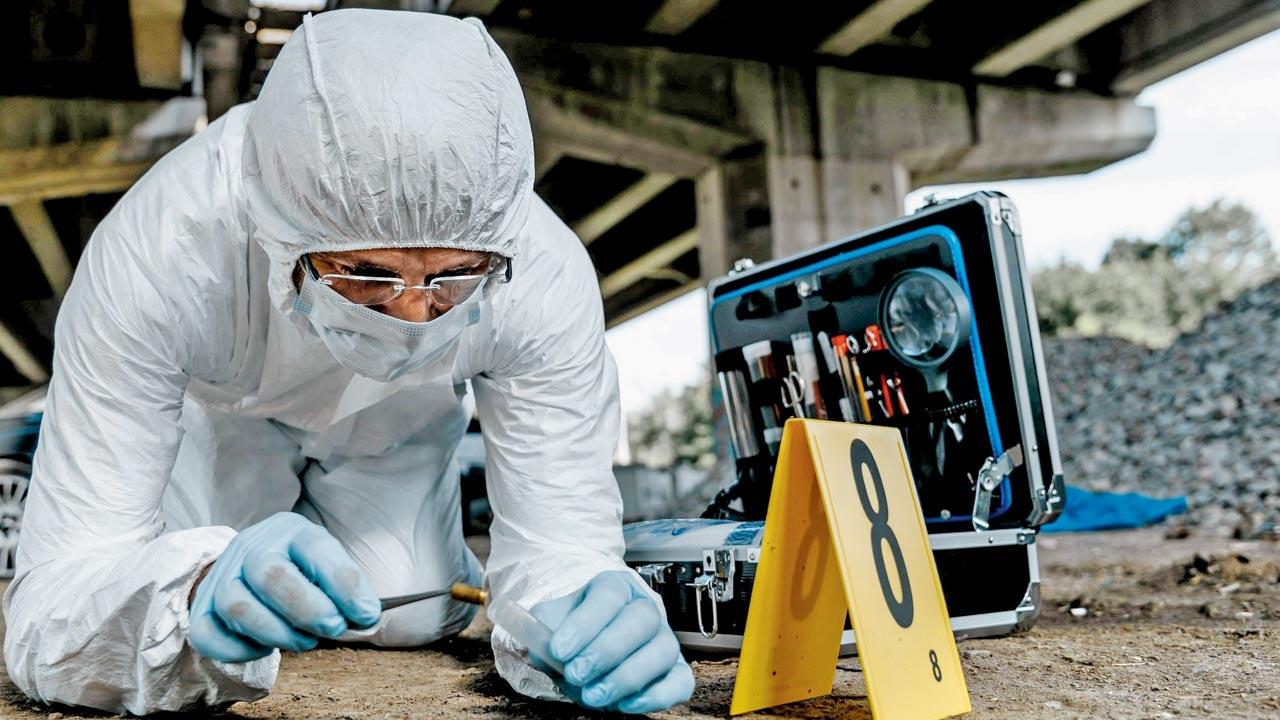 The new laws now include provisions that mandate forensic team vehicles to immediately visit the crime scene if the punishment for the crime exceeds seven years. Representation pic
The new laws now include provisions that mandate forensic team vehicles to immediately visit the crime scene if the punishment for the crime exceeds seven years. Representation pic
With the new laws granting more power to the police, what measures are being taken to ensure that this power is not misused?
The new law includes various provisions that mandate strict action against officers in cases of misuse of power. Notably, the new law clarifies that arrests are not mandatory for offences where the punishment is less than seven years. Previously, officers could arrest individuals even for an offence with minimal punishment. This change aims to prevent misuse of power.
Additionally, the law requires that when a person is arrested, the officers must inform the accused’s friend or family member and record this in the diary. They must also inform the alleged accused of his/her rights under Section 48 of the BNSS, and the magistrate must ensure compliance with these requirements before the
accused is presented.
Section 185 of the BNSS introduces several checks on police powers when conducting searches without a warrant. Officers must first record the [legal] grounds for the search in the case diary, the search must be recorded electronically and, within 48 hours, they are accountable for sending a report to the magistrate.
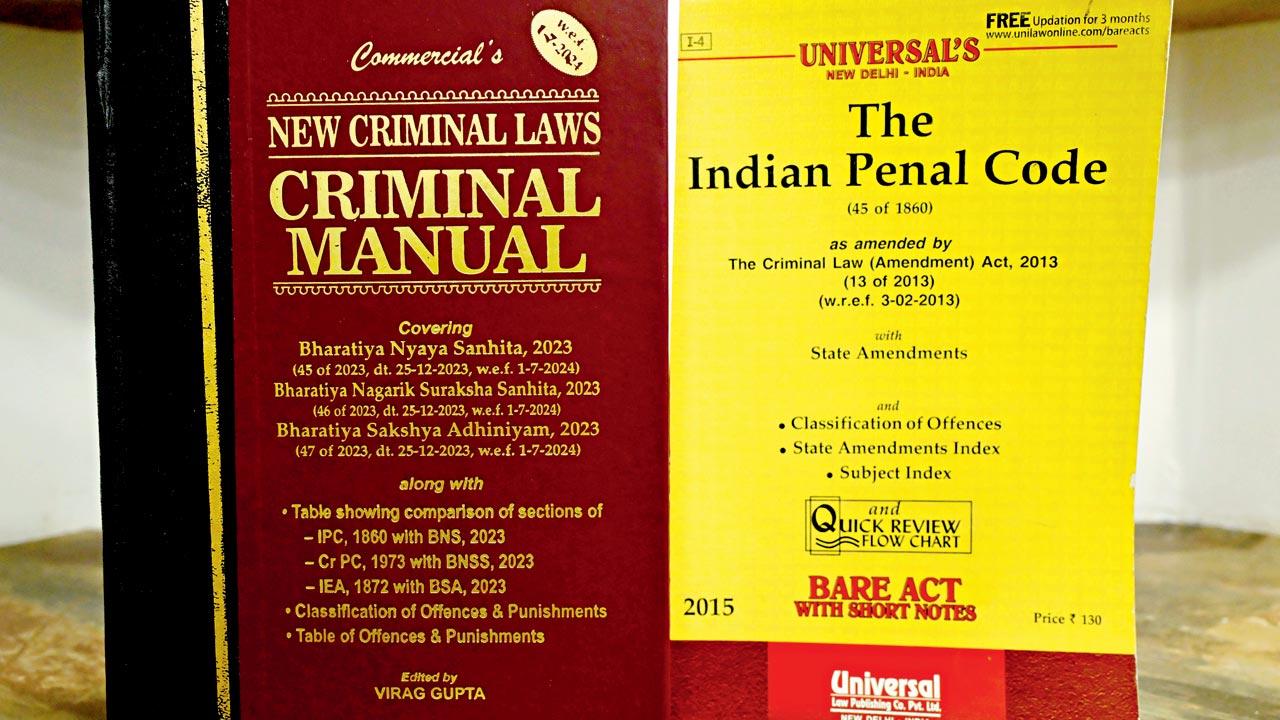 A manual on BNS, BNSS and BSA, which have replaced the British-era IPC (right), CrPC and Indian Evidence Act. Pic/Anurag Ahire
A manual on BNS, BNSS and BSA, which have replaced the British-era IPC (right), CrPC and Indian Evidence Act. Pic/Anurag Ahire
How is the new law going to tackle growing cybercrime, specifically in Mumbai?
Cybercrime is obviously one of our priorities, and the new laws place more emphasis on it. Previously, cybercriminals were charged under the Information Technology Act and relevant sections of the IPC, such as cheating. Now, cybercrime is defined under the provisions of organised crime, which will instil fear in the minds of cybercriminals, as securing bail will no longer be easy. The biggest concern earlier was the lack of strict laws, allowing cybercriminals to get bail within a month. Now, if cybercriminals are booked under Section 111 of the BNS for organised crime, they face severe penalties: (i) death or life imprisonment and a fine of Rs 10 lakh if it results in the death of a person, or (ii) imprisonment between five years and life, and a fine of at least Rs 5 lakh.
What changes are there in cases related to crimes against women?
While the core of the law remains the same, certain sections have been amended and additions made to make it more survivor-friendly and easier for women to report cases and record their statements. For instance, under Section 176(1) of the BNS, in rape investigations, the survivor’s statement must be recorded through audio and video means by the police. In certain cases, only a female magistrate can record the survivor’s statement. In the absence of one, a male magistrate can do so, but only in the presence of a female officer.
Medical reports of rape survivors must be submitted within seven days by medical practitioners, a provision not previously in place. Women are also exempt from going to police stations in certain cases. Under Section 193 of the BNSS, the investigating officer is required to share investigation details with the victims within 90 days. The definition of an adult family member has also been updated to include women, replacing the previous male-only designation for summons purposes. Moreover, a new section, Section 69 of the BNS, has been added, which defines sexual intercourse by employing deceitful means, further protecting women.
How are the new laws expected to impact the relationship between the police and the public, especially in terms of trust and cooperation?
The new laws will surely have positive impact on the relationship between the police and the public. For example, when relatives visit a police station to enquire about an arrest and are not informed or helped, the new law now mandates that details of the arrested person be displayed at the police station and that a copy of the FIR be shared.
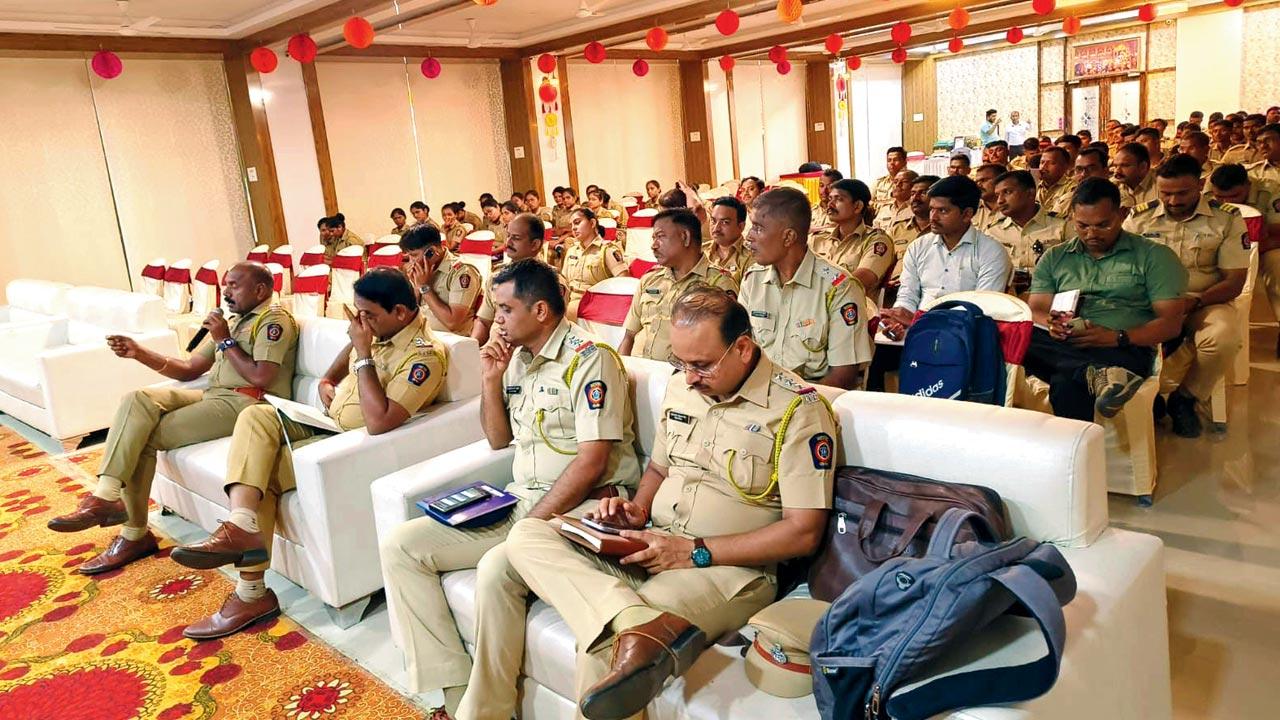 Police personnel undergo training on the intricacies of the laws
Police personnel undergo training on the intricacies of the laws
How do you plan to address confusion that may arise during the initial phase of implementation; some errors have been observed.
There is absolutely no confusion regarding implementation. We have conducted hundreds of meetings, and every officer is trained to deal with the new laws. We have nodal officers and a dedicated NCRB helpline that officers can use in case of doubts.
While the police have been coached, how are you raising public awareness about the new laws and citizens’ rights?
Efforts are being made at the police station level, where programmes are organised to educate citizens, such as displaying information about the new law sections. Social media platforms are being utilised to spread the word, focusing on major offences and their respective sections. Additionally, pamphlets are being distributed in some areas.
265
No. of FIRs filed in the state in 24 hrs under the new laws
July 1
Date on which the three new criminal laws were implemented
1860
Year in which IPC was enacted
 Subscribe today by clicking the link and stay updated with the latest news!" Click here!
Subscribe today by clicking the link and stay updated with the latest news!" Click here!







